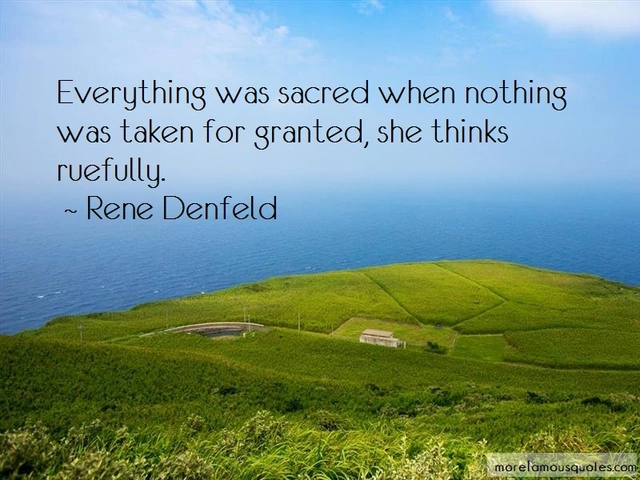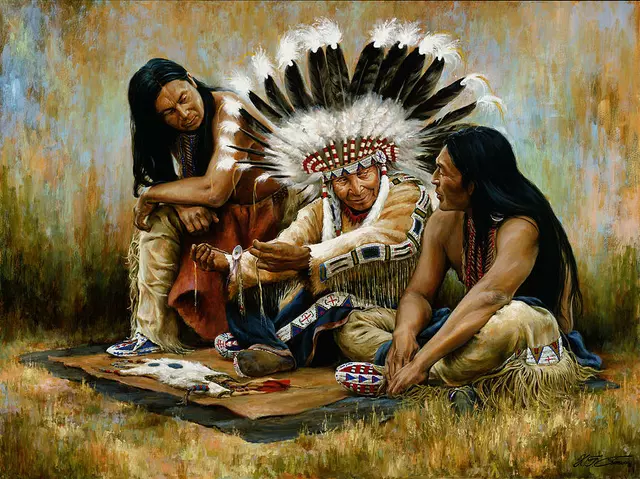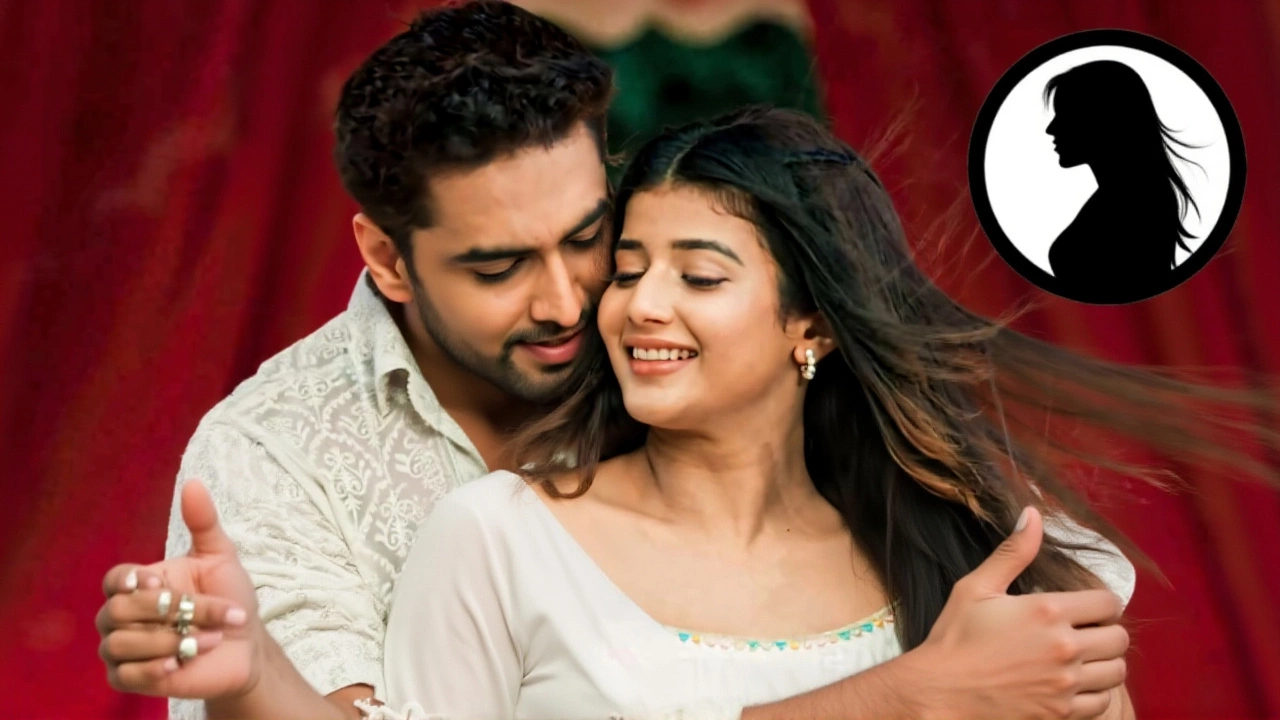Armaan: News, Culture, and Personal Stories
When talking about Armaan, a common Indian given name meaning “hope” or “wish”, often seen in media and personal narratives, you’re really looking at a thread that runs through many aspects of Indian life. Also known as Arman, it shows up in discussions about holidays, media bias, and social trends.
How Indian media, newspapers, TV channels, and online platforms that report on politics, culture, and everyday events shape the story around Armaan
Our collection includes pieces on the September 5 holiday discussion, debates about whether “The Times of India” leans left or right, and comparisons between The Hindu and TOI. Those articles illustrate the triple: Indian media reports on cultural holidays, influences public perception of social issues. For example, the piece on Milad‑un‑Nabi explains how a gazetted holiday can affect banking schedules, while the newspaper bias article shows how media framing can sway readers.
Another key player is cultural holidays, official or community celebrations that reflect religious and regional traditions in India. From Onam to Milad‑un‑Nabi, these events intersect with personal stories about Armaan. A post about returning from the USA talks about adjusting to Indian rhythms after experiencing Western holidays, linking personal identity to national celebrations.
Meanwhile, social issues, topics like safety, health, and diaspora experiences that affect everyday life in India appear in stories about safety concerns, sexual health after 50, and the challenges of losing a birth certificate. These narratives reveal that Armaan often stands at the crossroads of individual experience and broader societal trends.
All this shows that the name Armaan isn’t just a label—it’s a lens through which we can explore media, holidays, and social challenges across the subcontinent. Below you’ll find a curated set of articles that dive deeper into each of these angles, offering fresh perspectives and practical takeaways.
Gitanjali’s False Claim Sends Armaan into Guilt Spiral on Yeh Rishta Kya Kehlata Hai
Gitanjali’s false claim of a consummated marriage shocks Armaan, deepens Abhira’s legal woes, and ignites a ratings surge for Yeh Rishta Kya Kehlata Hai.
About
Entertainment
Latest Posts


How is life in India after returning from the USA?
By Arvind Chatterjee Jul 22, 2023

What kind of Indians tend to hate the United States, and why?
By Arvind Chatterjee Mar 29, 2023

Do indian couple have sex after 50?
By Arvind Chatterjee Jul 19, 2023

